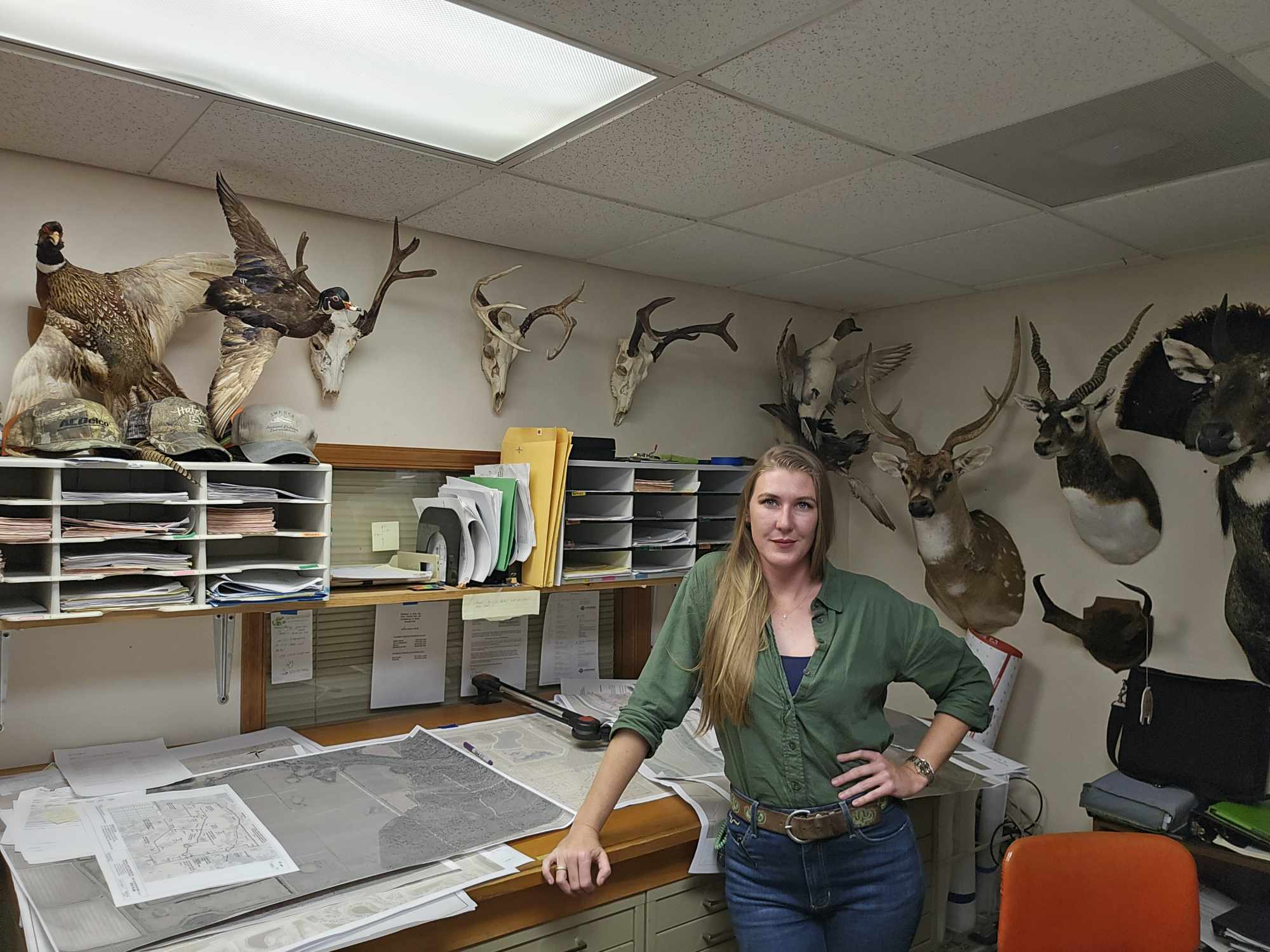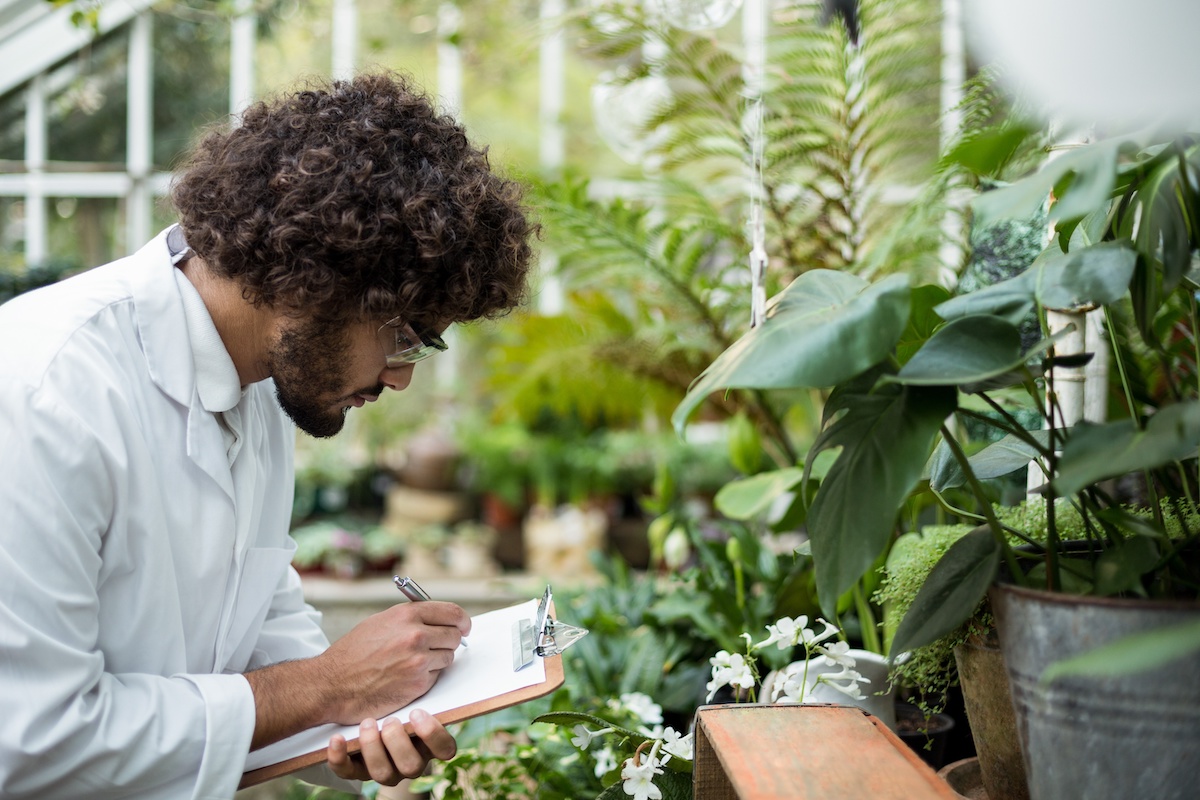Purdue’s Master of Science in biotechnology innovation and regulatory science celebrating 20th anniversary
Though not always easy to see, biotechnology is everywhere. From applying a biotech toothpaste in the morning, to commuting to work using biotechnology-powered fuels, to taking biotech-enabled medicines for conditions such as diabetes and arthritis, people encounter dozens of biotech innovations every day.
Purdue University’s Agricultural and Biological Engineering department has been a leading force behind biotech innovation for the past two decades. Purdue’s Biotechnology Innovation and Regulatory Science (BIRS) program began in 2002. Back then, it was called the Regulatory and Quality Compliance graduate certificate in the Department of Industrial and Physical Pharmacy, and it had 26 graduates by the end of its first year. Now, the BIRS program is celebrating its 20th anniversary, and it boasts 264 graduates total in its certificate program and 221 graduates total in its Master of Science program – a big milestone that reflects how much the biotech industry has grown since the program began.
A Brief History of the Biotech Industry
Once a niche field, biotech is now a trillion-dollar industry that touches almost every part of the global economy – from pharmaceutical manufacturing to renewable energy production. Though modern biotech is characterized by a high-level of scientific and technical complexity, biotech’s history can be traced back to early agricultural practices. Several thousand years ago, humans began making bread using yeast, a single-cell microorganism. By combining yeast and flour, they used a biological process to create a new technology – thus pioneering biotechnology.
Though biotechnologies have been used for thousands of years, it wasn’t until the 1980s that companies started mass producing and commercializing biotech innovations on an industrial scale, particularly in the area of pharmaceuticals. During the 1980s, small biotech start-ups began conducting research on biotech pharmaceutical innovations, creating a promising new industry. Now, biotechnology is used in all areas of medicine, from oncology to infectious disease care. Biotechnology played a crucial role in the development of COVID-19 vaccines.
As the biotech industry has evolved in scope and complexity, so have the regulatory processes that ensure new biotechnology innovations are safe and effective. Because biotech involves the use of living systems, the biotech manufacturing and testing process is complex and sophisticated. The testing process alone can take upwards of seven years. The Food and Drug Administration has a special regulatory body that governs production and testing of biotech products.
Because producing biotechnology requires a great deal of regulatory expertise in addition to technical skill, many biotech professionals have advanced degrees. Graduate programs in biotechnology and regulatory science help prepare professionals to work in this complex, continuously evolving industry.
Purdue’s Biotechnology Innovation Legacy
To meet the needs of the modern biotechnology industry, Purdue’s Biotechnology Innovation and Regulatory Science master’s program has also evolved – supplying students with a comprehensive background in regulatory practice, quality management, drug development, and other issues at the heart of biotechnology innovation today.
Ranked the #1 Agricultural Biological Engineering program in the United States (U.S. News and World Report, 2022), Purdue’s BIRS master’s gives students access to world-class research facilities and opportunities to collaborate and network with industry experts from global pharmaceutical and regulatory organizations. Students gain work-ready skills by developing and completing an original research project focused on an area of their choosing.
Purdue’s BIRS program also offers students flexibility – the master’s can be completed in four semesters of online study with three on-campus weekends each semester. The program’s hybrid format allows students to continue working while completing their master’s degree.
In addition to the master’s in Biotechnology Innovation and Regulatory Science, the program also offers a fully online graduate certificate in Biotechnology Quality and Regulatory Compliance. The graduate certificate provides students with a strong foundation in regulatory compliance and can be completed in just 18 months.
Through the hybrid Master of Science in Biotechnology Innovation and Regulatory Science and the online graduate certificate in Biotechnology Quality and Regulatory Science, Purdue’s Agricultural Biological Engineering program has demonstrated two decades of excellence in biotechnology education. These programs help prepare students to make their mark in the biotechnology industry – a field at the forefront of revolutionizing everything from energy to medicine.
To learn more about these program offerings, please visit Agricultural and Biological Engineering’s webpage.






